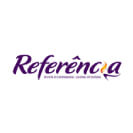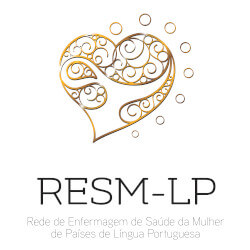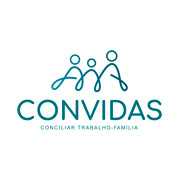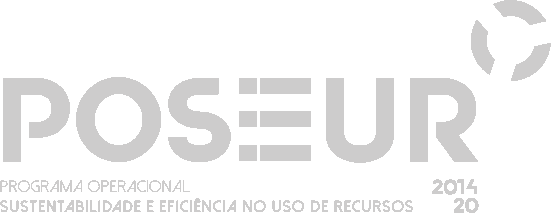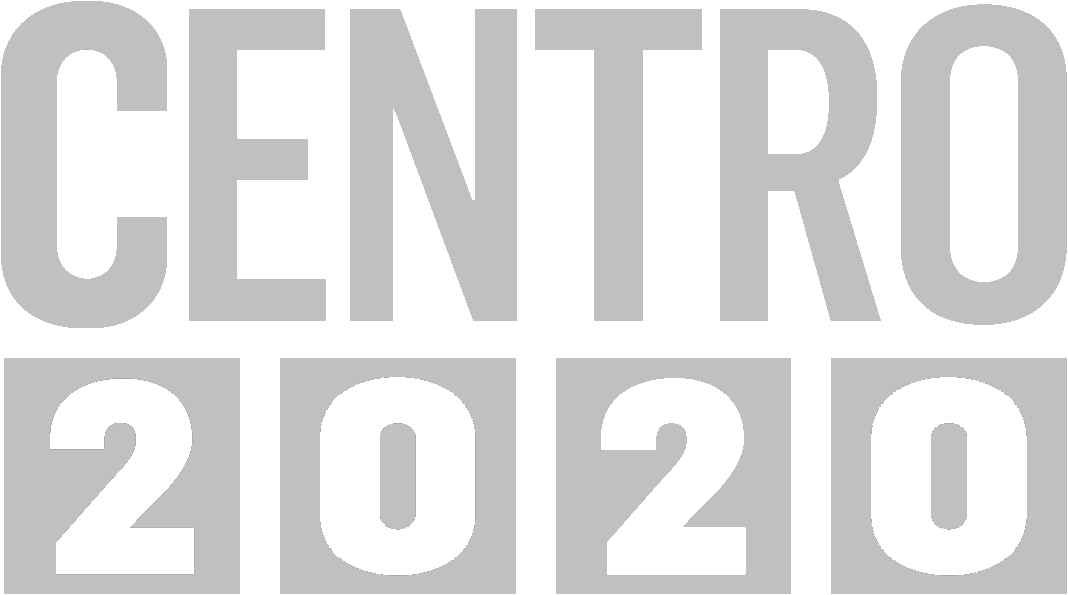The Scientific-Pedagogical Unit of Elderly Nursing (UCP-EI) knowledge domain includes the different dimensions inherent to a person’s aging process as part of a family and community. Care delivery to older adults occurs within different care settings, institutional or domestic. It also covers all care areas, from health promotion, care delivery during illness to palliative care and death, incorporating life-sustaining, restorative, and information technologies.
Nursing care considers the person as a whole and focuses on the person’s responses to life processes, incorporating the cycle of development.
Areas/dimensions
ACTIVE AGING (aging process, promotion)
Supporting individuals and their families throughout the life cycle also involves the awareness of health promotion at this stage of life, preventive health practices, and self-care. Keeping older adults as active and engaged members of society contributes to their physical, mental, and social well-being. Also, it reduces the risks of physical disability, and delays or slows the onset of pathological processes, contributing to the well-being and maintenance of their quality of life at this stage.
SPECIFIC NEEDS OF ELDERLY/FAMILIES (Prevention and treatment of disease, functional readaptation, and social reintegration in all life contexts)
Aging leads to situations of prolonged functional burden to which it is more challenging to respond adaptively, leading to the development of critical and predominantly chronic pathological processes. The changes resulting from organic aging cause the onset of chronic and degenerative diseases, which can compromise functional capacity. Besides these, neuronal losses can trigger dementia processes that hinder self-care and cause loss of autonomy and independence.
Intervening effectively with this population requires providing health professionals, particularly nurses, with the skills to promote independence, autonomy, quality of life, and support to achieve older adults’ health projects. This should be done from a perspective of co-development of intervention plans that include older adults’ values, beliefs, life practices, points of view, meanings, and goals.



